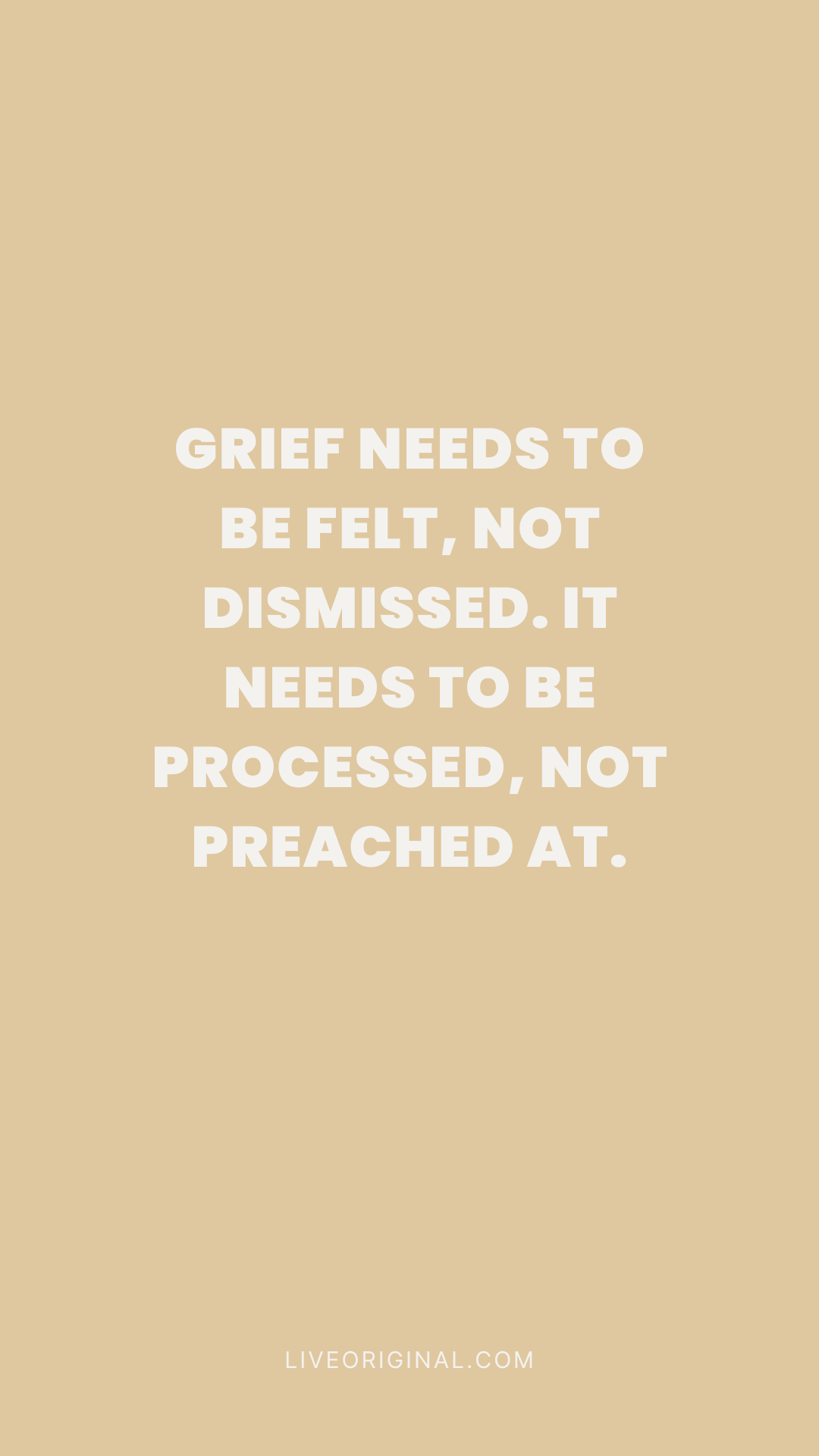Let’s just be real:
There are some moments when you read the Bible and feel as if you’re taking a field trip to heaven—as if you’re sitting on God’s lap, listening to His heartbeat, and hearing Him read aloud the Scriptures to you Himself.
Other moments?
Well, if you’re honest, other moments feel like you couldn’t connect with God’s heart through Scripture even if you tried. Sometimes, it feels like your mind is too crowded to receive a word from Him—causing you to read the same verse on a loop more times than you’d like to admit.
I had a moment like that not too long ago. It was on a Friday evening, and as I usually do at 8 p.m., I was curled up in my chair, holding my bible open, and feeling like my heart and mind completely checked out.
I was distracted—distracted by a complicated, yet familiar feeling, one that had been coming and going in waves over what seemed like the last year and a half. Due to the nature of the feeling’s complexity, I couldn’t put my finger on what it actually was. It felt like anger…but it also felt like deep sadness. It felt like sadness…but it also felt like unbelievable pain. And, when I felt pain, I also felt loss. And, when I felt loss, I also felt guilt.
What is that feeling? I kept thinking, as my bible lay open—seemingly blinking back at me.
But, as soon as I began to feel lousy for not only being unable to discern this uncomfortable feeling, but also for letting it distract me from my study, something prompted me to believe that it wasn’t a distraction at all. Instead, it was an invitation to go even deeper.
And, after toying around with different ideas of what I was experiencing—trying to pinpoint a word, a phrase, a memory to help me make sense of my discomfort—God was kind enough to expedite the process by whispering in my heart very gently the answer:
Grief, I heard Him say. You’re dealing with grief.
I broke into tears.
I had never considered that word throughout my many months of processing—and yet, that was the only description that resonated so deeply.
I was angry and sad and in pain and empty.
The feeling would come and go, never announcing its entrance or exit.
Of course, it’s grief.
But, even as I began bawling before the Lord, I began to wonder the obvious—
What exactly was I grieving?!
My body was healthy.
My current conditions were fairly positive.
No one had died.
What was there to grieve?
Like a flood, the answers came rushing to mind:
The bold confidence I had as a little girl.
Many prayers I had prayed that felt left unanswered.
My childlike cluelessness when it came to what people thought of me.
Friendships I had lost.
Opportunities I had missed.
It all came to the surface.
Only this time? I didn’t call it a distraction. With the Lord’s help, I called it grief.
And, He showed me that night that grief needs to be felt, not dismissed. It needs to be processed, not preached at—hence the staring contest with my bible. The night I was discouraged from what I thought to be a dry bible study turned into an opportunity to grieve with God. And, it was after I had finished ugly crying before the Lord—a small pile of tissues collected at my hip—is when I saw a glimpse of what grieving with God actually looks like.
I’m writing this post today to paint that picture for you as well—to address those of you carrying grief and, similar to my experience, may not even realize it.
It could be grief from the death of a loved one—grief from the end of a marriage or a friendship. You could be grieving the little girl you used to be or the little girl you never got the chance to be. Or, you could be grieving the prayer you never saw answered or the hope you lost in the midst of devastating news.
Whatever it is you are grieving, I want this to serve as an opportunity to grieve it with God. Because if there’s anything I’ve learned throughout all of the tears I’ve cried so far, it’s this:
God knows how to make even grief good.
Isaiah 53 as my witness.
When the Lord revealed to me that I was in a period of grief, the Bible that seemed to lay dormant and quiet beside me began to speak louder than it had all night. (That’s what happens when you decide to get real with God, by the way. Your feelings and emotions don’t serve as distractions, but the very thing God uses to sharpen your attention to what He wants to tell you.) Isaiah 53 was one of the first passages of Scripture that came to mind. It’s always been a favorite, but now that I felt my heart beating in tune with the Lord, I flipped to the page with a fresh eagerness.
I read it all through tears—my heart connected and engaging with every word—but my attention was captured by a familiar verse found in Isaiah 53:10. It reads:
“But, it was the Lord’s good plan to
crush him
and cause him grief.
Yet when his life is made an offering
for sin,
he will have many descendants.
He will enjoy a long life,
and the Lord’s good plan will
prosper in his hands.”
— Isaiah 53:10 NLT
Two words:
Good. Grief.
In the same sentence?!
No way.
However, when the context of this passage suggests that Jesus—being fully human and fully God—experienced the deepest kind of grief (Isaiah 53:3), the heaviest kind of sorrow (Isaiah 53:4), and the most excruciating kind of pain (Isaiah 53:5), a glimmer of hope arises in Isaiah 53:10 when it reveals that God only consented Jesus’ grief for good.
The following verse—Isaiah 53:11—provides more than enough supporting evidence.
It reads:
“When he sees all that is
accomplished by his anguish,
He will be satisfied.
And because of his experience,
my righteous servant will make it
possible
for many to be counted righteous,
for he will bear all their sins.”
— Isaiah 53:11 NLT
As Isaiah 53:10 prophesies the coming of Jesus and—of course—the suffering He would endure by dying for our sins on the cross, Isaiah 53:11 offers insight on why that was.
God’s grief was good because of what it produced—the saving of many souls. For the joy that was set before Him and the promises that would be fulfilled on the cross the day Jesus died, it was good for Jesus to grieve so we could be counted righteous.
Which is good news for every person grieving:
Even God’s grief is good.
God’s grief produces prosperity and endurance. God’s grief offers hope and a future.
If it’s God’s good plan to allow His children—including His very own Son—to grieve, then even God’s grief is good.
In fact, God’s grief is so good it can’t even compare to our joy without Him.
It is good grief—the best kind of grief—the kind of grief that Jesus Himself knows all too well. The kind of grief that draws us closer to His heart, grief that makes us need God. It’s grief that makes us long for all of what He offers us—unfailing love, exuberant joy, warm comfort, a faithful friend. Even when we grieve what we lost on earth, we know that we didn’t lose it in Him.
Revelation 21:4 says that He will wipe every tear from our eyes, that our everlasting home will be free of pain, sorrow, death, grief. But, even while we grieve on earth, we are promised that joy will come in the morning (Psalms 30:5), that He will bandage our wounds and heal our broken hearts (Psalms 147:3).
This is God’s plan. This is good grief.
He made grief good for His Son. He’s making grief good for me.
And, you know what, my friend? He’s making grief good for you too.
So, grieve!
Grieve with Revelation 21:4 in mind.
Cry holding Psalms 30:5 close to your heart.
Process with Psalms 147:3 close by.
Grieve with Isaiah 53 on your lips.
If God works all things together for the good of those who love Him and are called according to His purpose, it is safe to assume that all things include grief.
So, grieve. Grieve good. And, thank God for good grief.



















0 Comments